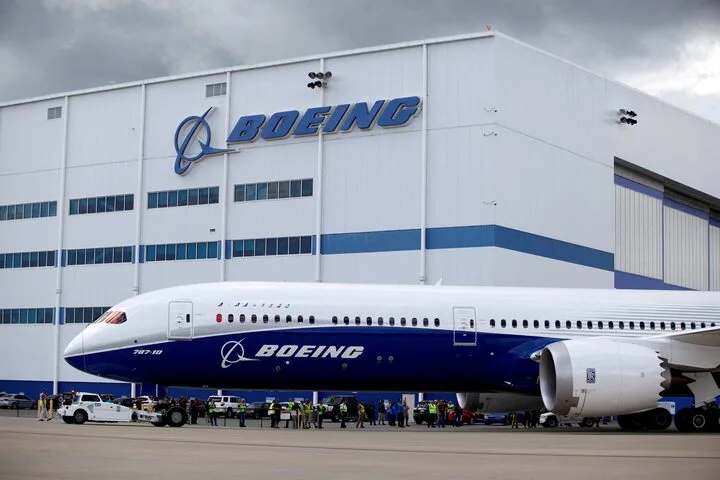The Federal Aviation Administration (FAA) has issued a proposed directive which requires urgent Boeing 787 seat-track inspection to address a manufacturing defect. The defect involves faulty seat-track splice fittings that may fail under emergency landing loads, potentially jeopardizing passenger safety.
On January 15, the FAA released its proposed directive following supplier reports identifying defects in the seat-track splice fittings of Boeing 787 aircraft. These fittings, which are critical to ensuring passenger seat stability, were found to be manufactured using incorrect titanium alloys.
Instead of the FAA-approved Grade 5 titanium alloy, some fittings were made with Grade 1 or 2 unalloyed titanium. These materials lack the necessary strength and fatigue resistance to withstand the rigorous demands of aviation safety standards, especially during emergency situations.
This directive affects 37 U.S.-registered Boeing 787 aircraft, including the 787-8, 787-9, and 787-10 variants.

Inspection Protocols and Boeing’s Response
The FAA’s proposed rule formalizes inspection procedures initially outlined by Boeing in an Alert Requirements Bulletin issued on October 18, 2024. Airlines are now required to conduct thorough inspections of seat-track splice fittings using advanced techniques like X-ray fluorescence spectrometry or high-frequency eddy current testing.
Boeing’s bulletin also advised airlines to replace any non-compliant components to mitigate safety risks. The FAA’s directive ensures these measures are mandatory, providing clear guidance to operators on compliance.

Editor’s Take: Boeing 787 Inspection
The FAA’s swift action on the Boeing 787 seat-track inspection issue demonstrates the agency’s proactive approach to passenger safety. Manufacturing defects, while rare, can have significant implications for the aviation industry. Boeing’s cooperation and commitment to addressing this defect signal a responsible approach to maintaining trust among airlines and passengers.
Moreover, this also highlights the critical role of rigorous quality control in aviation manufacturing. The defective seat-track fittings could fail under emergency landing loads, a scenario the FAA is keen to prevent. The issue not only impacts Boeing but also raises broader concerns about supplier oversight and material verification processes in the aerospace industry.
Please join our Telegram Channel for the latest aviation updates.
Source: Aviationa2z


1 Comment
Pingback: Global Airlines A380 Arrives in Portugal Ahead of Launch